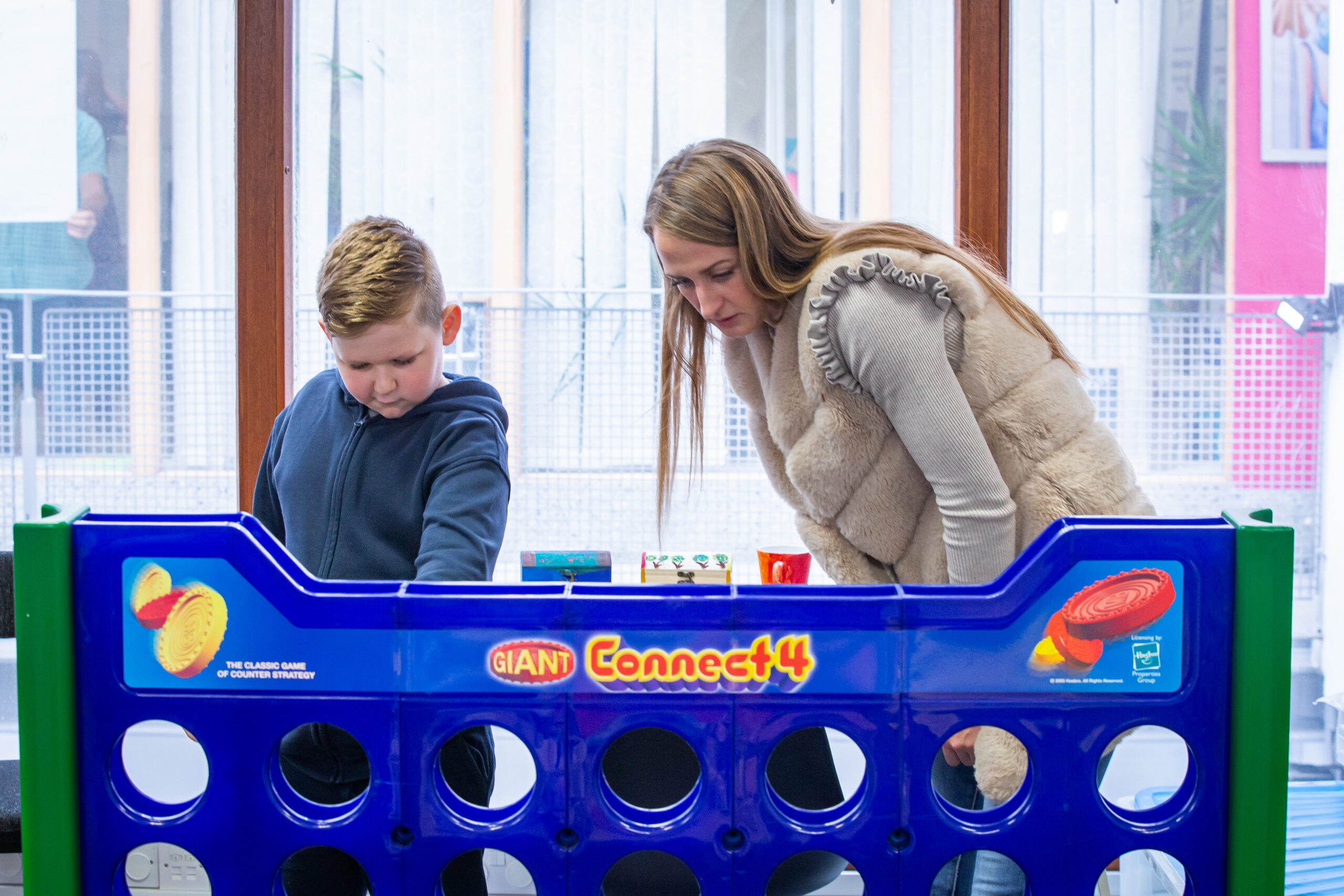At Chance UK, early intervention is at the core of who we are. We know if we can offer support early, we can work with children to help them manage the issues they’re facing, which means we can prevent a lifetime of problems later down the line.
With research suggesting that as many as 1 in 6 children are estimated to have a mental health problem and that children’s happiness and life satisfaction is in decline in the UK*, we know that children must not be kept waiting for support. By providing effective and timely targeted interventions to children when they need it, we can give children the help they need and prevent exacerbation of challenges experienced by the child.
Without early intervention, children must wait until their difficulties escalate and reach crisis point to access some specific services. By then the situation may have worsened for the child to a point where their mental health, relationships, self-esteem and education can be severely affected in the long term.
We deliver early intervention services to children aged 5-13 with a range of needs including anxiety, special educational needs and disabilities (SEND) and experiences of childhood trauma. Our informed, knowledgeable and professional youth workers mentor children using a child-centred approach. The children we work with can receive one-to-one support through weekly mentoring and we also provide subject-specific group mentoring and school-based workshops.
Our programmes are designed based on what we know works, to support children on targeted topics, but also have scope to allow us to tailor them to what each child needs at different points. For example, our one-to-one mentoring is delivered in a way that works for each child by adapting approaches based on their individual needs and interests. We also provide family support to parents and carers, so that the impact of our work reaches further.
With support, the negative impacts of childhood adversity can be prevented or reduced, and our support can help children develop their social and emotional literacy, self-esteem, self-awareness, resilience and understanding. This can improve their ability to deal with life’s challenges and provide them with the tools to for creating a brighter future for themselves.
*The Children’s Society (2023) Mental Health Statistics
https://www.childrenssociety.org.uk/what-we-do/our-work/well-being/mental-health-statistics
